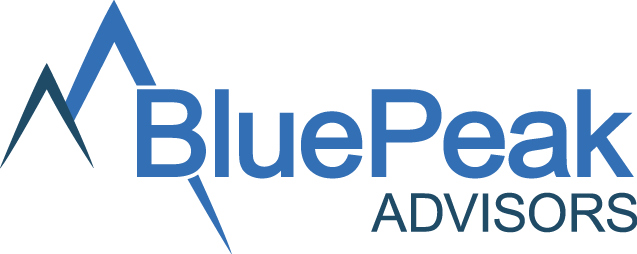CMS Program Audit season is over and as anticipated, the volume of Program Audits increased substantially in 2021 over prior years. In addition, CMS introduced Part D self-audits which also focused on Part D claims and payment accuracy.
Self Audits
Recent memos have denoted that CMS is moving forward with several self-audits for plans to consider and where selected, to respond. Each of these self-audits are targeting accurate application of coverage determination processing as evidenced through prescription drug event (PDE) records.
Plans have received several self-audit notifications for specific medications with the purpose to ensure the medication is being used appropriately to treat FDA or a compendium supported diagnosis. Any findings from these self-audits will result in a request for deletion of the PDE records and potential Part D revenue loss to the plan. In April, CMS released a memo regarding the appropriate use of nebulizer products with a Medicare covered durable medical equipment (DME). The purpose of this audit is to confirm appropriate billing of the nebulizer drug under Part B or Part D depending on the source of reimbursement for the DME.
In May, CMS released an additional memo regarding the appropriate billing of drugs and biologicals for End State Renal Disease (ESRD) members. The purpose of this audit is to identify potential duplicate payments under Part D as well as the ESRD bundle payment.
In July, CMS notified selected plans regarding analysis identified PDE records from contracts for Nuedexta where the beneficiary does not have a pseudobulbar affect (PBA) disorder, (a neurological condition characterized by outbursts of uncontrolled laughter or crying seemingly unrelated to mood) demonstrated by a PBA diagnosis under Medicare Part A, Part B, or Part C.
In August, CMS sent out self-audit notifications of Hepatitis C Drugs, Oral Vancomycin Capsules, Drugs used with Durable Medical Equipment, and Drugs filled during a Part A Hospice.
In September, CMS sent out a self-audit notification regarding three separate universes for immunosuppressant drugs. The three universes focus on potentially inappropriate PDE records associated with evidence of a Medicare-covered transplant from ABII transplant reports, evidence of a Medicare-covered transplant from Medicare Part C encounter data and/or associated with beneficiaries with evidence of a Medicare-covered kidney transplant from the CMS end-stage renal disease (ESRD) transplant data.
Program Audits and Claims Administration
CMS Program Audit season is over and as previously mentioned, the volume of Program Audits increased substantially in 2021 over prior years. From a Part D perspective, audits have touched almost every large PBM and large health plan in the industry.
Formulary Administration audits continue to find issues with formulary rejections with scrutiny on non-formulary drugs, accurate step therapy administration, and accurate prior authorization processing. Audits still show evidence of issues with enrollment processing and setup causing conditions impacting the enrollee’s transition benefit. Administrative rejections also remain highly visible with CMS reviewing enrollment dates to validate enrollment processing is timely and doesn’t negatively impact the enrollee experience.
Protected class products with a prior authorization or step therapy restriction for new starts are being closely reviewed to ensure enrollees have continued access to these medication with either a prior fill or when history is not available due to the enrollee recently starting with the health plan. Opioid naïve edits and morphine milligram equivalent (MME) edits are also being reviewed in audits for accuracy and to validate the claim processing is consistent with the plan’s own policies.
In 2021, CMS also remained focused on COVID flexibilities. CMS focused on ensuring the enrollee has access to an extended day supply of a medication when requested, refill too soon edits can be overridden at the pharmacy, and quantity limits were safety driven.
BluePeak can help!
Plans should expect continued CMS scrutiny of claims and coverage determinations in the upcoming plan year through program audits, financial audits, and hoc self-audits. Mock audits are a great way to test these highly scrutinized areas. Not only will this reduce your risk during CMS audits, but it will ensure your enrollees have the experience and access they expect during the plan year.
